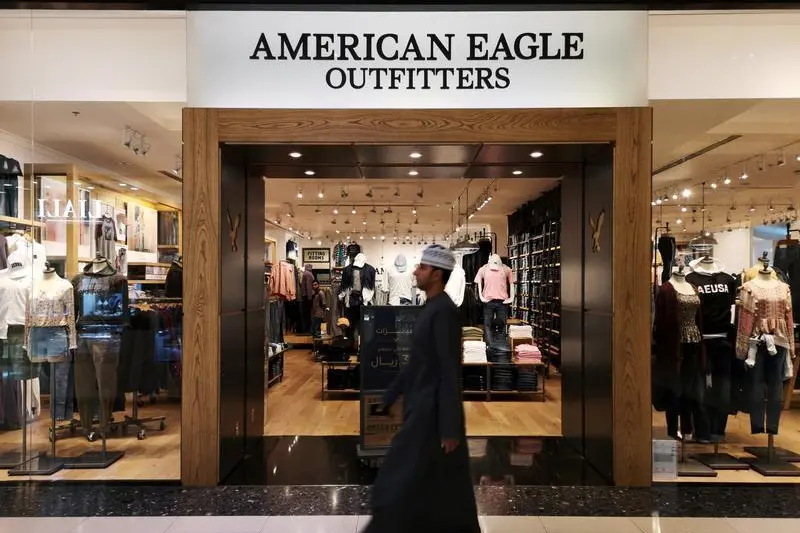PHOTO
Retail sector sales in Oman are expected to grow by more than six per cent annually over the next five years, primarily driven by increase in tourism activity, rise in per capita income and a growing population.
The sultanate’s retail industry is undergoing a transition with competitive developments across offline and online channels driving the market dynamics, according to Alpen Capital, a regional investment banking advisory firm.
Alpen Capital’s latest retail sector report projects GCC retail industry to surpass pre-pandemic levels in 2022, registering a 15.7 per cent year-on-year growth and reaching a revenue of US$296.8bn. As per the report, GCC retail industry sales are forecasted to grow at a compound annual growth rate (CAGR) of 5.7 per cent between 2022 and 2026 to reach US$370bn.
“Bahrain (7.3 per cent CAGR), Saudi Arabia (6.5 per cent CAGR) and Oman (6.1 per cent CAGR) are expected to grow above the GCC average of 5.7 per cent CAGR during 2022-2026 period. Growth in the smaller countries such as Bahrain and Oman is expected to primarily be driven by increase in tourism activity, rise in GDP per capita and penetration of organised retail stores,” Alpen Capital said.
Though the current retail landscape in Oman is largely dominated by standalone units, the concept of organised retail in the form of malls and shopping centres is gaining prominence, the report noted.
“This is primarily driven by growing interest among consumers, especially the affluent class and millennials, in new lifestyle experiences and increasing demand for space from both global and regional brands who look to further establish their presence and broaden their portfolio to gain market share,” Alpen Capital said.
It said a growing population base, coupled with rapid urbanisation and a high GDP per capita (at constant prices) of US$29,444 has also contributed to the rise of organised retail market in Oman.
Wholesale and retail trade in Oman grew by 16.1 per cent year-on-year in the first nine months of 2022 to reach RO2.63bn as compared to RO2.26bn in the same period of 2021, the data from the National Centre for Statistics and Information showed.
Alpen Capital noted that the retail space expansion has picked up pace in recent years as major developers flock Oman to set up shops, mostly from pan-GCC retailers and large-scale malls.
“Apart from Muscat, many new projects are springing up in other cities such as Sohar and Nizwa supported by the government’s efforts in moving towards expansion of the retail sector,” it added.
Robust e-commerce growth
Alpen Capital has projected a more than 20 per cent average annual growth in Oman’s e-commerce sector for the next five years.
The report said that the sultanate’s retail industry is witnessing a change due to increased consumer awareness, high competition, and rise in e-commerce penetration as several retailers are gradually adopting the omni-channel approach to establish a strong presence in the market. It added that there is also a shift indicating high smartphone user penetration and an increase in online shopping triggered by the COVID-19 pandemic.
“Although there is limited e-commerce activity in Oman’s private sector, the market is estimated to grow by an average of more than 20 per cent annually between 2022 and 2026 given that the government is actively promoting digitisation and e-government services through the Information Technology Authority,” Alpen Capital said.
Under Oman’s Vision 2040, the government is inviting investment flows into the commercial real estate sector, especially targeting the hospitality and retail industries. Moreover, initiatives undertaken by the government in streamlining the retail infrastructure and strengthening investments towards infrastructure has helped the sector gain further prominence within the GCC markets, the report said.
The report highlighted that business confidence in the GCC region is bouncing back with the reopening of borders, easing of travel restrictions and rise in hydrocarbon revenues.
“GCC is fast becoming a global center for business, entertainment and sporting events. Moreover, rising population, with a high concentration of expatriates and high net-worth individuals, remains one of the primary factors for driving growth of the GCC retail industry,” the report added.
© Apex Press and Publishing Provided by SyndiGate Media Inc. (Syndigate.info).





















